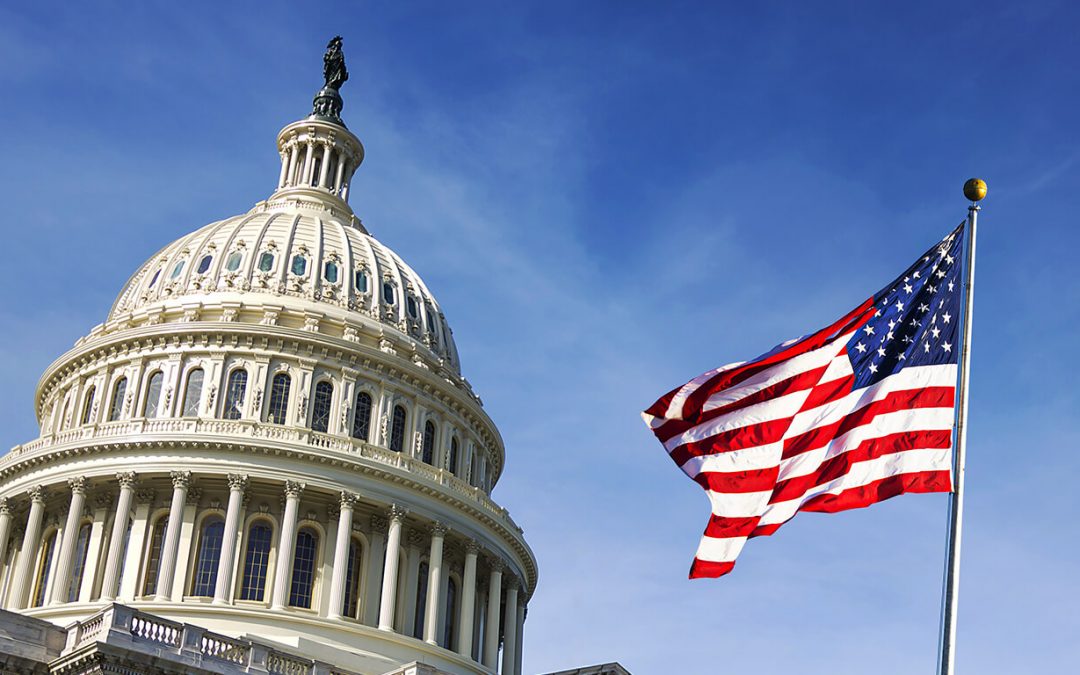
by Eric Price | May 10, 2021 | Featured, Featured News, Front Page, GOIAM Stories, MNPL, Page Five, Page Four, Page Two, Row 2
Machinists Union Applauds Appointment of Celeste Drake to Head President Biden’s Made in America Office WASHINGTON, April 27, 2021 — Robert Martinez Jr., International President of the 600,000-member International Association of Machinists and Aerospace Workers (IAM),...

by Eric Price | May 2, 2021 | Featured, Featured News, Front Page, MNPL, Page Five, Page Four, Page Three, Page Two, Perusals, Row 2
Bill Seeks to Make Union Dues Tax Deductible The 2019 tax season was the first time union members could no longer deduct the cost of items such as tools, uniforms, subscriptions to trade journals, and many other items besides union dues that are often necessary for...

by Eric Price | Apr 28, 2021 | Featured, Featured News, Front Page, GOIAM Stories, MNPL, Page Five, Page Three, Page Two, Perusals, Row 2
Help Pass the PRO Act The Protecting the Right to Organize (PRO) Act or H.B. 842 that passed the House in early March, has gained momentum in the Senate after IAM Members along with working families across the U.S. flooded Senate offices with calls to support the...

by Eric Price | Apr 27, 2021 | Featured, Featured News, Front Page, MNPL, Page Four, Page Three, Perusals, Row 2
Biden’s American Rescue Plan Provides Free COBRA Coverage President Biden’s American Rescue Plan Act provides 100 percent health COBRA coverage to employees and their family members. Many thanks to the Machinists & Aerospace journalists at GOIAM.org who wrote and...

by Eric Price | Apr 26, 2021 | COVID, Featured, Featured News, Front Page, MNPL, Page Five, Page Four, Page Two, Perusals, Row 2
Letters: Why We Passed the PRO Act Congressman Marc Pocan represents Wisconsin’s 2nd District, which includes the capitol of Madison. A union member himself, he is among the strongest supporters of working people in Congress, and a leading proponent of the PRO...

by Eric Price | Apr 22, 2021 | Featured, Featured News, Front Page, MNPL, Page Four, Page Three, Page Two, Perusals, Row 2, Uncategorized
Will the New Congress Make Dues Tax Deductible? Four years after the income tax deduction for union dues was ripped out of the U.S. tax code, pro-worker lawmakers are fighting to bring it back and, for the first time, make it available without itemizing. Many thanks...







